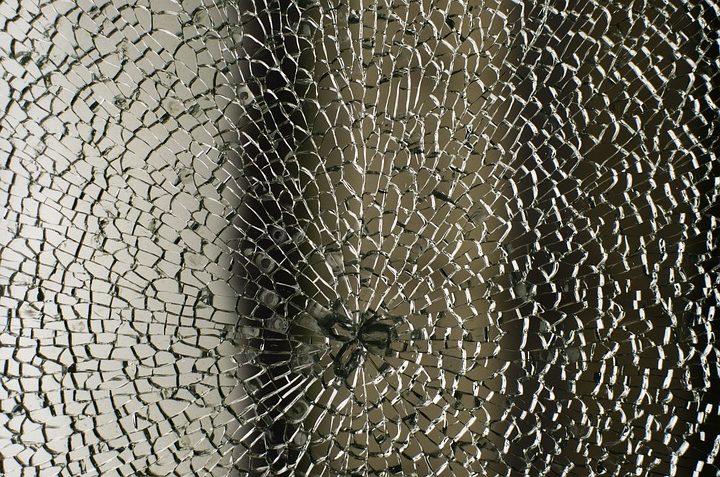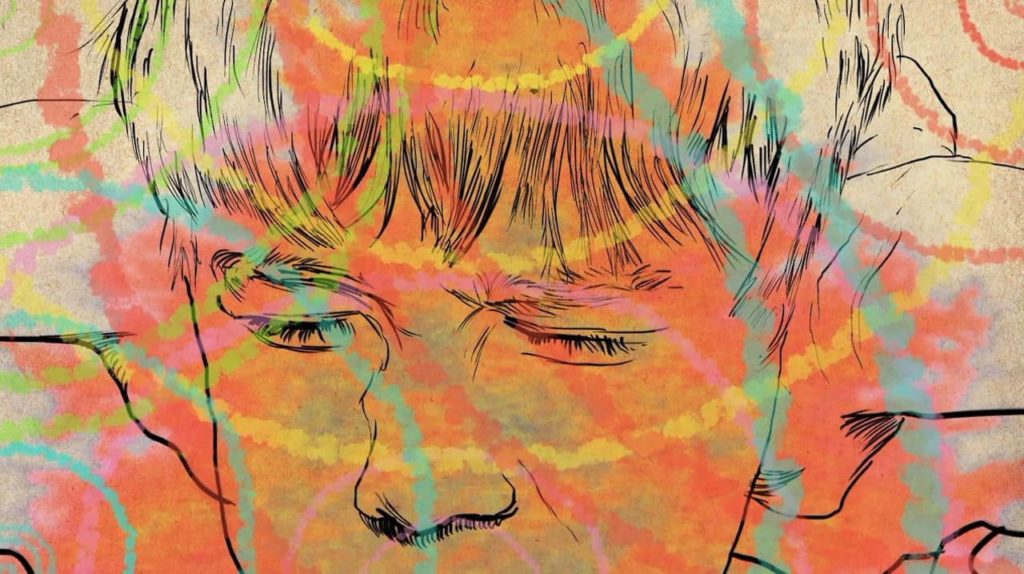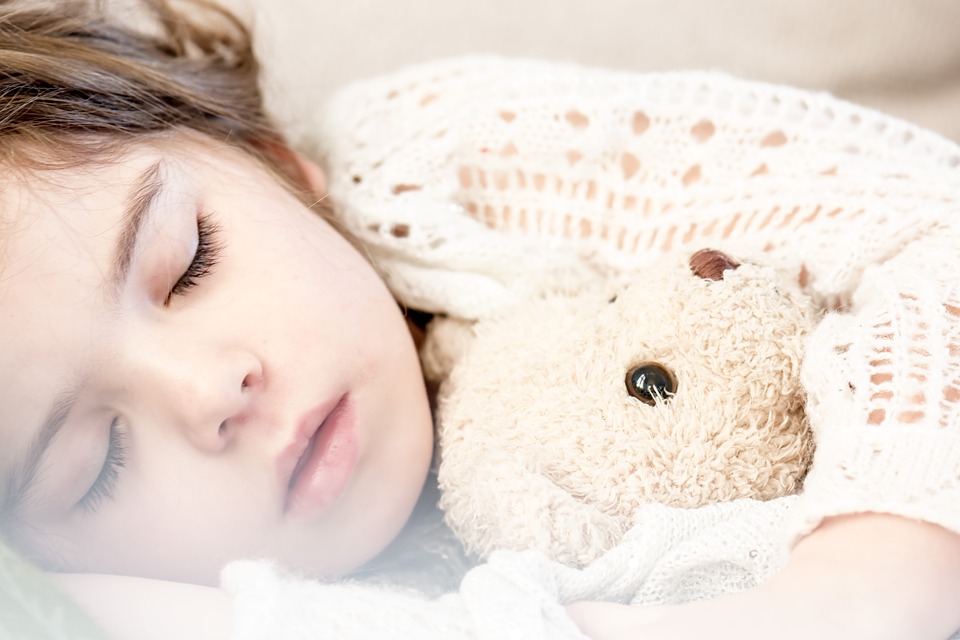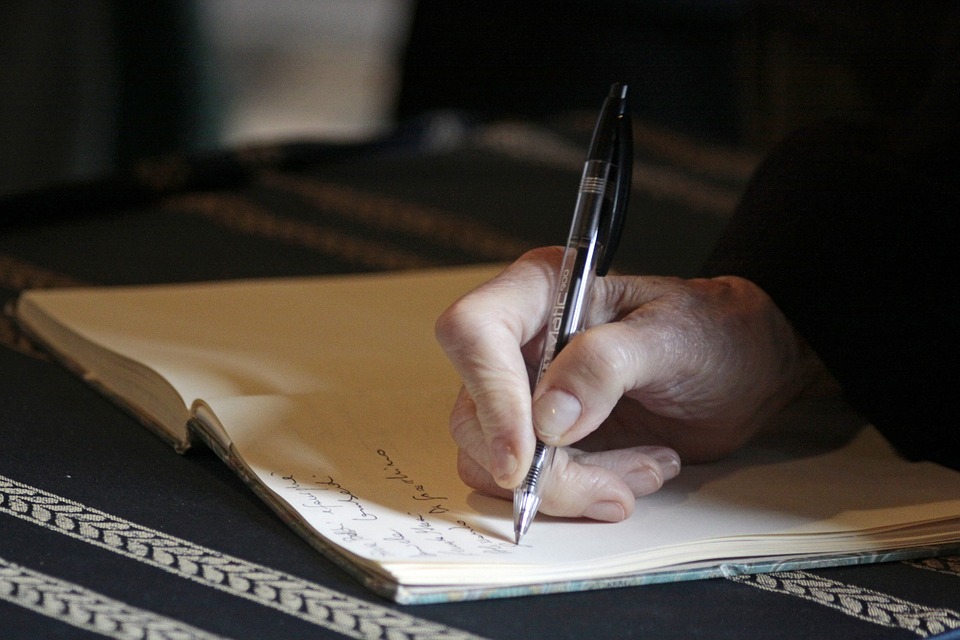
Bruise
Claire Nossiter says her daughter Lyndsay was “routinely restrained” in her years at Bothwellpark High in Motherwell
An angry mum plans to sue a council claiming her daughter’s face was left bruised and swollen after she was restrained by school teachers.
Claire Nossiter says her daughter Lyndsay was “routinely restrained” in her years at Bothwellpark High in Motherwell, Scotland, which caters for pupils with additional support needs.
Lyndsay, who has Prader Willi Syndrome and autism, “kicked off” one day and had so many bruises afterwards she looked like she had been in a car crash, her mum claims.
Claire waited four years for the conclusion of council and police inquiries into the injuries to her daughter, now 20.
Read the full article here.




